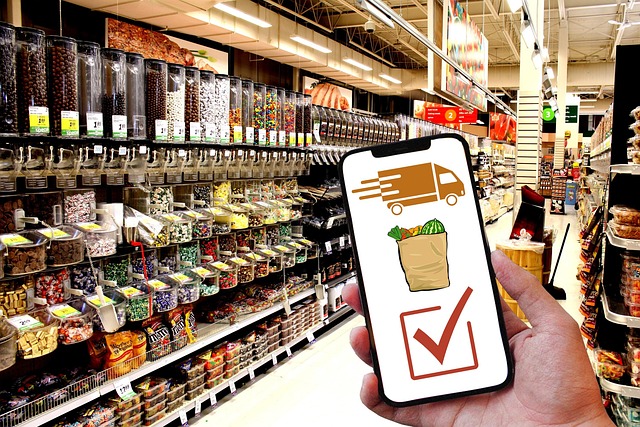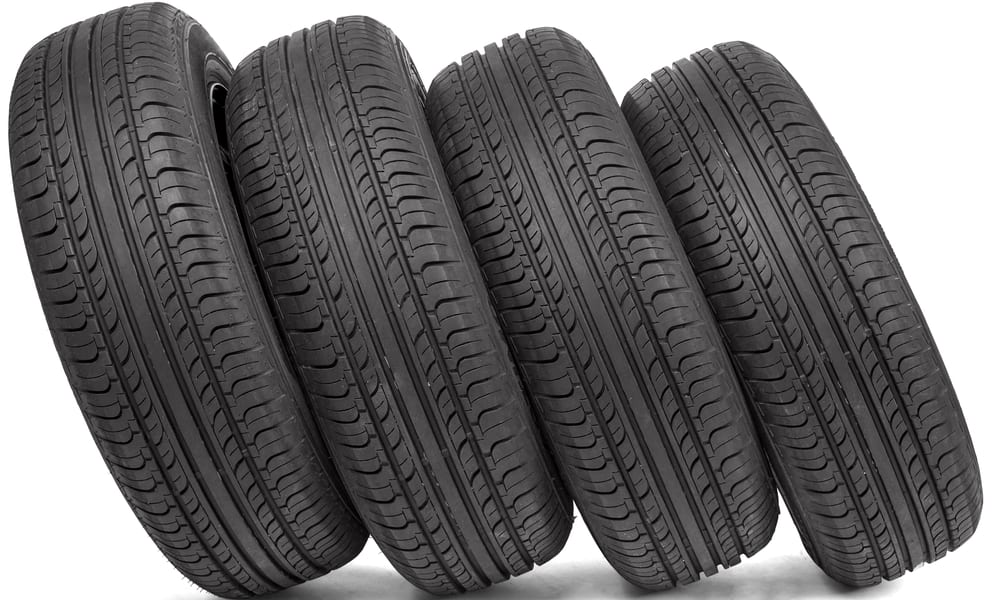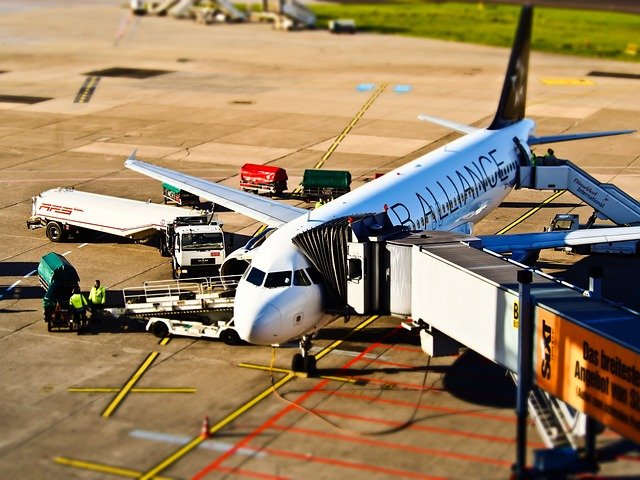Mobile Checkout Tips for Faster Transactions
Mobile checkout speed affects conversion and customer satisfaction across marketplaces and platforms. This article outlines practical, non-technical and developer-friendly tips to reduce friction at payment, shipping, and confirmation stages. Focus areas include payments, security, coupons, personalization, returns, taxes and sustainability to help merchants and shoppers complete transactions faster and more reliably.

Mobile checkout needs to be fast, clear, and reliable to keep shoppers moving from cart to confirmation. Reducing delays and decision points — from payment entry to shipping choices — can significantly lower abandonment. This article provides focused strategies that address payments, security, coupons, personalization, marketplace considerations, and the cost factors that influence checkout speed and choices.
How can payments be streamlined on mobile?
Optimizing payments for mobile means minimizing typing and choosing methods users already trust. Offer one-tap options like digital wallets and native checkout flows, and enable card scanning and autofill for stored billing details. Support multiple payment methods to match customer preferences and regional norms: credit/debit cards, digital wallets, and local payment schemes. Keep the payment form short, validate fields inline, and present a clear order summary before authorization to reduce second-guessing and form abandonment.
What security steps protect mobile transactions?
Security must be visible without adding friction. Use trusted payment gateways that handle sensitive card data and tokenize information so you don’t store raw payment details. Display security badges and brief explanations of encryption or tokenization at checkout to reassure users. Implement device-appropriate authentication, like biometric consent for saved payment methods, and monitor for fraud with behavioral signals. Balance additional checks (3-D Secure flows) with clear messaging so security steps don’t surprise or confuse buyers.
How to manage coupons and subscriptions?
Simple coupon entry and clear subscription terms reduce friction. Expose a single field for promo codes early in the flow and show the updated total immediately after applying discounts so users see the benefit. For subscriptions, summarize billing cadence, trial periods, and cancellation policy in plain language before signup. Allow saved payment methods for recurring billing with explicit consent, and provide an easy account area to manage subscriptions to lower support inquiries and unexpected churn.
How do returns, warranty, and authenticity affect checkout?
Clear post-purchase policies encourage faster checkout decisions. Highlight return windows, warranty coverage, and authenticity guarantees close to the price and shipping information so buyers make informed choices without delaying purchase. For high-value items, offer easy ways to verify authenticity and document warranties to reduce hesitancy. Transparent policies reduce post-sale disputes and improve overall conversion by removing a common barrier at the decision stage.
How can personalization and marketplaces speed checkout?
Use personalization wisely to reduce steps: pre-fill addresses for logged-in users, recommend shipping options based on past choices, and surface saved payment methods. In marketplaces, streamline cross-seller checkout by normalizing shipping and return policies or offering a single cart checkout where possible. Display trusted seller badges and consistent order summaries to prevent last-minute doubts. Personalized friction reduction must respect privacy and give users control over saved data.
How to handle shipping, duties, and taxes?
Real-world cost and pricing clarity matters at checkout. Present shipping options with clear delivery estimates and total costs including duties and taxes where applicable, so the final price is visible before the buyer confirms. Show how coupons or subscriptions affect shipping or tax calculations. Merchants should run sanity checks on tax rules and duty estimators to avoid unexpected charges that cause abandonment.
| Product/Service | Provider | Cost Estimation |
|---|---|---|
| Hosted Checkout (card fees) | Stripe Checkout (Stripe) | Typically around 2.9% + $0.30 per domestic transaction; international and currency conversion fees may apply |
| One-touch Wallet | PayPal One Touch (PayPal) | Typical merchant fee around 2.9% + $0.30 per transaction for standard accounts; micropayments and cross-border fees vary |
| Mobile Wallet (tokenized) | Apple Pay (Apple) | Merchant pays standard card processing fees; Apple does not charge additional per-transaction fees in most regions |
| Mobile Wallet (tokenized) | Google Pay (Google) | Merchant pays standard card processing fees; Google does not add a per-transaction surcharge |
Prices, rates, or cost estimates mentioned in this article are based on the latest available information but may change over time. Independent research is advised before making financial decisions.
Conclusion Faster mobile checkouts combine technical choices, clear communication, and transparent pricing. Prioritize one-tap payments and tokenized flows, make security visible but unobtrusive, and clarify coupons, subscriptions, shipping, taxes, returns, and warranty information early. Regularly test flows on real devices and monitor where users drop off to iterate toward a smoother path from cart to completion.





